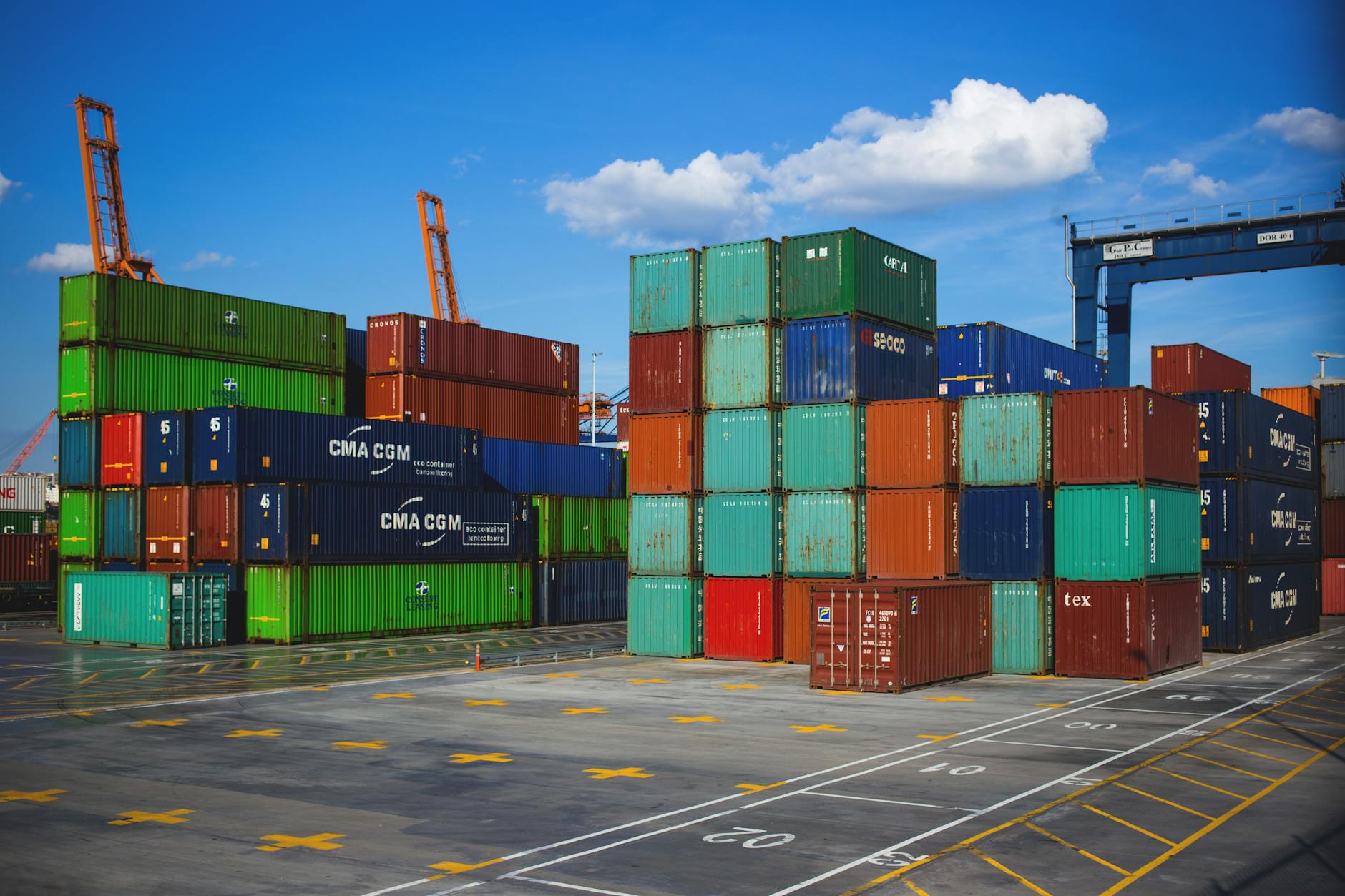The Prime Minister Narendra Modi announced Atmanirbhar Bharat Abhiyaan (Self-reliant India) in his speech on May 12, 2020. The intended objective of this plan is two-fold. First, interim measures such as liquidity infusion and direct cash transfers for the poor will work as shock absorbers for those in acute stress. Second is a long-term reform in growth-critical sectors to make them globally competitive and attractive. Together, these steps may revive the economic activity, impacted by Covid-19 pandemic and create new opportunities for growth in sectors like agriculture, micro, small and medium enterprises (MSMEs), power, coal and mining, defence and aviation, etc.
Self-reliant: Self-sufficient
The self-sufficient vision has been heard at least for about 100 years. The idea of using Swadeshi products has been insisted from 1905 during the Independence struggle, then during the Gandhian politics and later. Whether we stopped using foreign products? Even during India was a closed economy foreign products were in use. What is the reason for people to go for foreign products? The cheap price of the product and the technology may be. We could understand it from the usage of polyester cloth instead of our khadi product.
In the era of Globalisation is it possible to be self-reliant by competing with every product from foreign countries? Is it rational to go for a high priced product only because it is a domestic product? Globalisation is a boon when we use its potential to benefit us and a bane when we fail to engage with it. If we get a product for a cheaper price from a foreign country we shall buy it. At the same time, we should export a product equally to maintain the trade balance. India cannot break the FTAs signed between countries to increase the import duty to encourage domestic goods and citizens cannot suddenly become fond of domestic goods. India is not incapable of producing goods that are imported from other countries but they couldn’t compete with the pricing of foreign goods from countries like China.
Also read: Financial Stimulus Package – for Capitalists
Efficient use of Globalization
Globalization ensures the free movement of goods, capital and labour around the world. The movement of these things is mostly because of their cheap nature. People go for cheaper goods, cheaper tax and cheap labours. This is how countries attract a global market for exports and foreign investments. Otherwise, a product should have a market around the world (its competence is tough despite its high price). The efficient way to tackle the Balance of Payment crisis and trade deficit is to increase our exports rather decreasing imports.

Supply chain
Prime Minister spoke about positioning India at a good place in the global supply chain. Where we stand in the global supply chain now? India has a trade deficit of $152.9B and has FTAs with most of the South East Asian nations. For a nation to improve its position in a supply chain it has to boost its exports. Its goods need a high demand in the global market. Does India has the potential to create such a market now or shortly? Or India has the potential to produce the goods that are in demand?
Self-Reliance isn’t a vision
Economic reforms
Self-reliance isn’t a good vision for a country for its development. Producing surplus makes products cheaper and increases the demand for the product in the market. A country should have a vision of producing a surplus and dumping goods into the supply chain. Before producing there should be deep research on market demands. The govt should incentivise various sectors according to their demand in the market to avoid stagnation of goods. A lot of statistical data and research must foster the decision-making process. Feedback and data are much needed for the efficient implementation of policies and schemes. Only exports ensure incoming of new foreign money into the economy, being self-reliant and doing domestic business will result in rotation of the same money inside the country.
Since the world is already under slowdown and the pandemic accompanied, the developed nations are providing loans with low interest or zero interest rates. So, the investors are searching for developing nations to invest. If we utilize the opportunity properly we could find a solution for our unemployment problems. We should attract more foreign investments by reducing taxes and facilitating a good business environment. For eg. The Chinese economic reforms of 1979 ensured its good position in the global supply chain in the 2000s.[1] That kind of vision is needed.
Infrastructure
Another important factor other than economic reforms to improve our position in the global supply chain is the improvement in infrastructure. The infrastructure improvement should be in a way to reduce the cost of logistics. That ensures the cheap price of the products. India’s infrastructure projects announced in the Budget 2020 is commendable. Laying additional track along existing railroads, Kisan rail scheme etc. will be very helpful in reducing the logistics price and usage of fossil fuels. 90 per cent of India’s international cargo volume is transported over water. Nearly 50 per cent of container traffic and over 70 per cent of trade in energy sails through the Indian Ocean region. Yet, despite being the fifth largest economy and at a strategic location, the global share of the Indian shipping sector has been below potential. Govt should create a Maritime Development fund to provide loans to businessmen to build and buy vessels and to incentivise trade.[4]

Also read: Infrastructure Development – Much needed!
Public spending on education is very important. India’s greater competence will be ensured through the development of new technologies. India ranks 10 among highest patent filing countries and ranks 40 out of 50 countries in Intellectual Properties Index.[2] Govt should ensure India is investing good revenue in research and development and education to become a global leader in the future. Govt should avoid adopting new technology by other countries very soon of its introduction e.g. Electric vehicles, BS etc. and wait for the technology to become cheaper to adopt. Instead, we should invest in technologies in which India is a pioneer. That will be very profitable. E.g. International Seabed Authority gave permission only to India at first to mine Polymetallic Nodules in the deep sea since India is a pioneer investor in 1987.[3]
Govt should extend its assistance to the primary healthcare also So that the poor people will have the extra money in their hands to spend. Rapid urbanisation is a problem that needs to be addressed soon as it creates slums and affects the living standards of the people.[7] Govt should not only consider metropolitan or cosmopolitan cities to improve but improve rural areas also. Providing Urban Facilities in Rural Areas (PURA) scheme must be implemented and every area should have all the facilities.
Thus, Atmanirbhar Bharat Abhiyaan is not possible and is irrational if at all it is possible. For a country to lead in the global supply chain it must invest in new technology, infrastructure and produce a surplus to dump goods into the supply chain. Market demand research is very important to start a business and also to incentivise a business by the govt. Govt should be rational in making decisions and policies and consider statistical data while making it.
References
- https://qr.ae/pNKtk2
- https://timesofindia.indiatimes.com/business/india-business/india-ranks-40-out-of-53-countries-on-global-intellectual-property-index/articleshow/73967857.cms
- https://www.thehindu.com/sci-tech/science/why-is-india-pulled-to-deep-sea-mining/article28809029.ece
- https://www.dailyo.in/business/indian-maritime-sector-financing-shipping-world-economy-shipbuilding-overseas-trade/story/1/33048.html
- http://www.worldstopexports.com/indias-top-10-exports/
- http://www.worldstopexports.com/indias-top-10-imports/
- https://www.thehindu.com/news/national/union-health-ministry-and-indian-council-medical-research-press-conference-in-new-delhi-on-june-11-2020/article31804894.ece
- https://qr.ae/pNKnpQ

Comments
Post a Comment